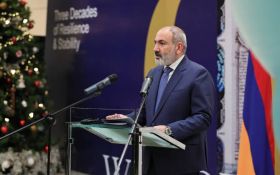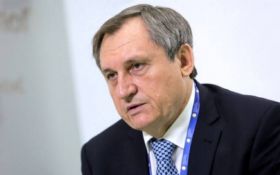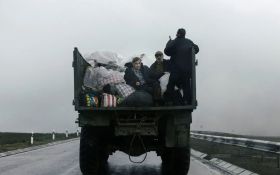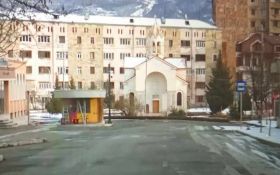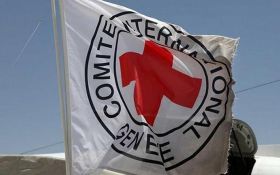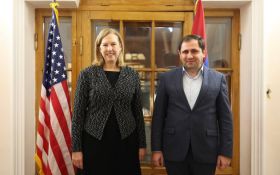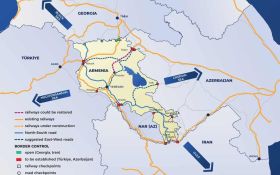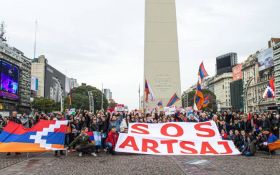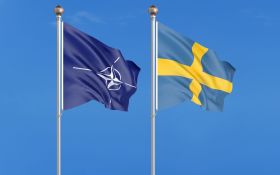The increased strain in the Russia-Turkey relations following the reports on possible plans to denounce the 1921 friendship agreement is not absolutely likely to affect Armenia, according to Ruben Safrastyan, a Turkic Studies specialist who heads the National Academy’s Institute of Oriental Studies.
Russia-Turkey row unrelated to Armenia – expert

STEPANAKERT, FEBRUARY 10, ARTSAKHPRESS: Speaking to Tert.am, the expert said the deal does not absolutely apply to the country which never actually signed the document.
“That agreement laid the basis of the 1921 Treaty of Kars, which practically repeated the Moscow Agreement with very slight differences. Armenia was thus divided between the Kemalist Turkey and the Bolshevik Russia - which actually cost us big territorial losses,” he said.
The bid for invalidating the friendship deal was submitted to President Vladimir Putin by State Duma representatives from the Communist Party.
Safrastyan said he doesn’t see threats in case of any possible scenario given that the document at issue is not the Treaty of Kars.
“And the Treaty of Kars, which was signed based upon the Moscow Agreement and which bears Soviet Armenia’s signature, implied, in essence, Armenia’s division between Russia and the Kemalist Turkey. It was a kind of transaction. Once the Treaty of Kars comes to the point, we will definitely need to take action to say clearly that it isn’t fair. But we have a long way to pass before the things come to that.”
Asked whether the threats would not be realistic in that case, the expert ruled out such a possibility, citing Armenia’s membership in the Collective Security Treaty Organization (CSTO) as a solid guarantee against possible hazards.
Safrastyan said he sees serious concerns about the geopolitical developments in the Middle East. “The borders outlined between France and England under the Treaty, to which Russia acceded later, – and under the Treaty of Sevres - are now facing the threat of being revised. That, in turn, inevitably implies renewed discussions over the Treaty of Sevres.”
Commenting further on the increasing tension between Turkey and Russia, Safrastyan attributed all processes to the Syrian crisis. “We see a row between Russia and Turkey against the backdrop of the Syrian crisis, so a further escalation may speed up only in the wake of the developments in Syria,” he added.




